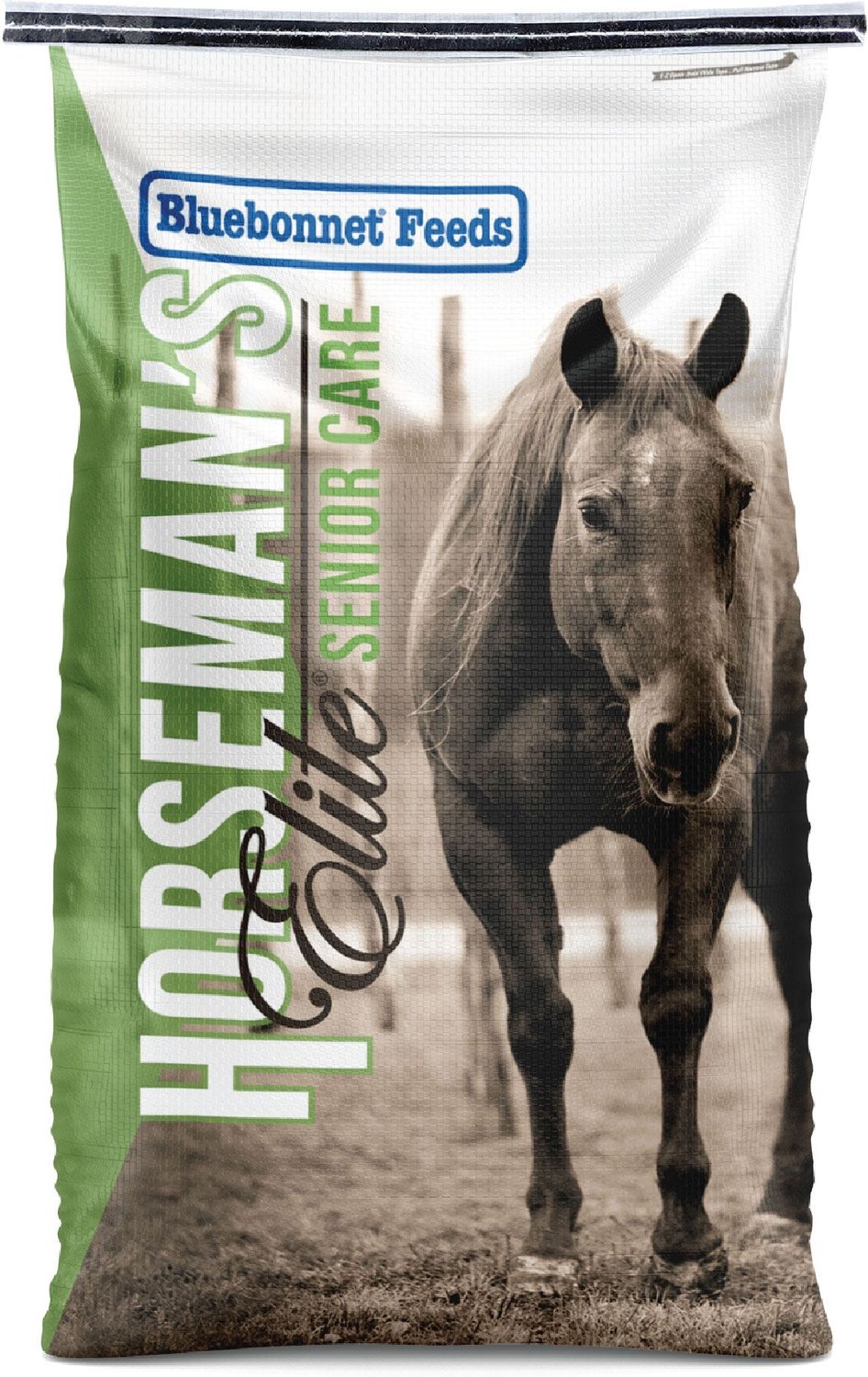Choosing a horse feed

Horse feed, also known as horse feedstuffs or horse feed rations, refers to the various types of meals and dietary supplements supplied to horses to satisfy their dietary wants. The sort of feed a horse requires is dependent upon elements similar to its age, weight, exercise level, breed, and total health. Here are some common kinds of horse feed:
Hay: Hay is a staple in most horses' diets and provides roughage. It comes in different varieties, corresponding to timothy, alfalfa, orchard grass, and Bermuda grass hay. Hay is important for the horse's digestive health and helps maintain wholesome teeth.
Grain: Grain, also called concentrate or pelleted feed, provides additional energy, protein, vitamins, and minerals to supplement a horse's food plan. Common grains utilized in horse feed include oats, barley, corn, and wheat. The kind and quantity of grain required rely upon the horse's energy wants and activity level.
Complete Feeds: Complete feeds are commercially balanced feeds that include both roughage (usually in a processed form) and concentrates. They are designed to be the sole supply of vitamin for horses that can't consume enough forage on their very own.
Supplements: Supplements are used to enhance a horse's food regimen, addressing particular nutritional wants or deficiencies. Common dietary supplements embrace nutritional vitamins, minerals, amino acids, probiotics, and joint supplements.
Beet Pulp: Beet pulp is a byproduct of sugar beet processing and is usually used as a supplemental supply of fiber and power for horses.
Rice Bran: Rice bran is rich in fat and can be added to a horse's food regimen to supply additional energy and improve coat condition.
Salt and Minerals: Providing entry to plain white salt blocks and mineral blocks is important to fulfill a horse's salt and mineral necessities.

Treats: Some horse owners like to offer treats as a type of constructive reinforcement or bonding with their horses. However, treats ought to be given sparsely to forestall overfeeding or inflicting dietary imbalances.
When selecting horse feed, it is crucial to contemplate the particular needs of each horse and work with a certified equine nutritionist or veterinarian. Horse Feed Staffordshire as age, weight, activity degree, health conditions, and the quality of accessible forage ought to be taken into account to ensure a balanced and applicable food regimen for every individual horse. Avoid sudden modifications in diet, as they will result in digestive upset. Gradual transitions to new feeds are recommended..
